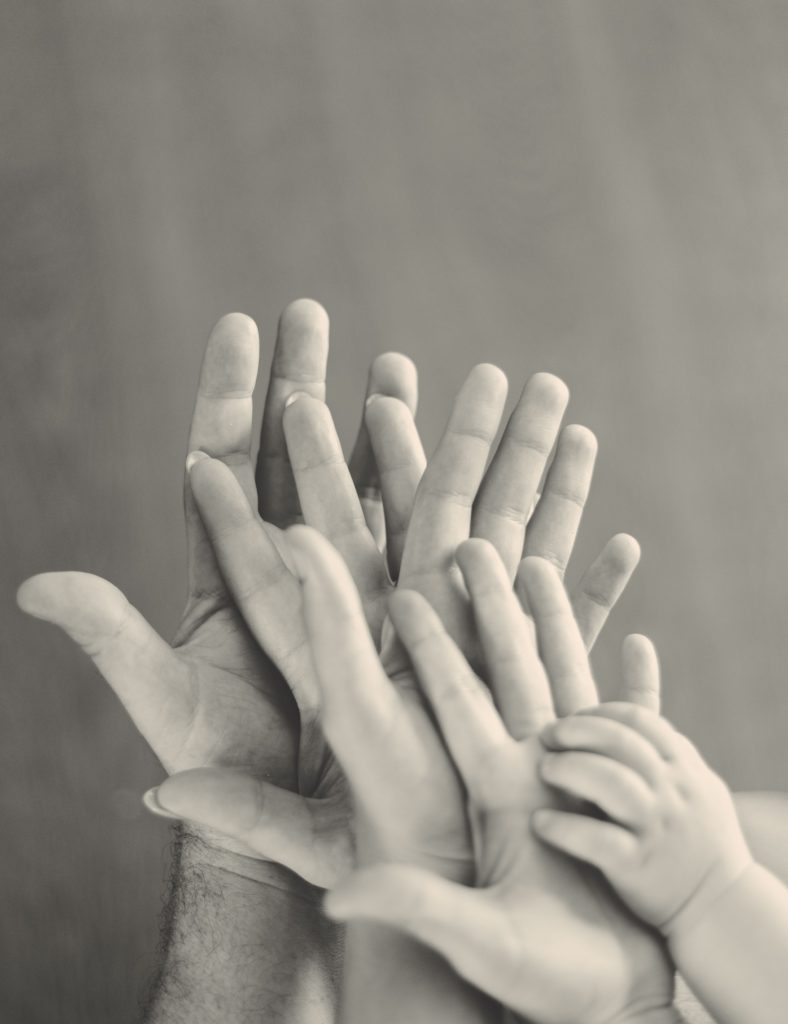How to run a parents carers support group

Community Expert Bernie Callanan explains his best steps to running a parent’s carers support group and explores the potential that they can bring.
Over the past couple of years, I have run weekly drop-ins for parents and carers so they can have regular contact with myself as needed. Take up has not always been high, so I decided to do things a little differently this year.
Around 12 parents/carers turned up to learn about how we try to make our school as inclusive as possible.
It was a pleasure to hear parents introducing themselves and sharing the young person’s area of difficulty. I asked all those who attended to discuss their perspective of processes in place at our school around inclusion.
Participants quickly bonded. They have a common ground, they understand the pressures and difficulties there can be to ensure their young person receives the support they need.
When feeding back, I was aware of some areas we need to develop as a school but was also provided with lots of ideas to further improve their experience. I am convinced that building better links between parents and carers will help to boost student progress, attendance and engagement.

We’re going to run sessions every ½ term. They had the idea of bringing their young people to the next one. It is important for young people to see their parents and carers working hard to ensure they’re getting the help they need.
It is equally important that they can see the views of their family are being listened to by the school. Students also have an integral part to play in ensuring they maximise progress and I’m looking forward to relaying this message with everyone together.
Investing in this process creates opportunity and prevents parents and carers from feeling isolated in a difficult situation.
I plan to keep this format going as the potential is endless. The local authority could be invited, as could CAMHs therapists, Speech and Language therapists, teaching assistants, Senior Leadership etc.
Finally, it means that change is lead in areas which parents, carers and young people have involved in- working together as a team to benefit young people.








Responses